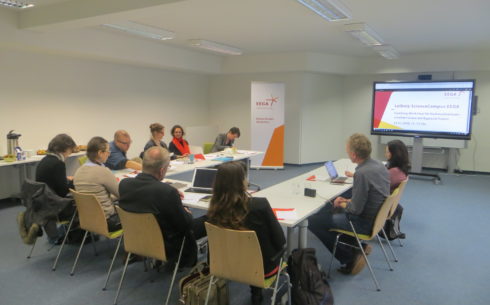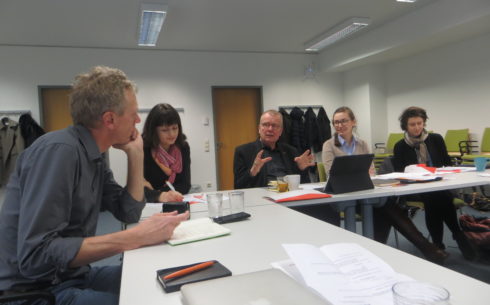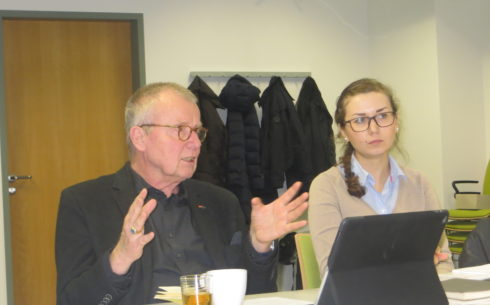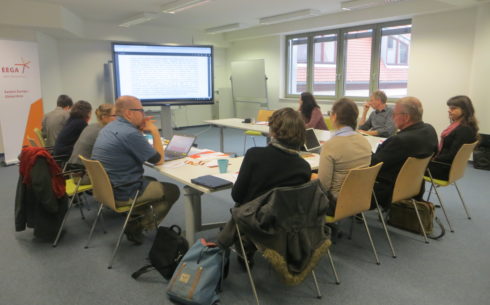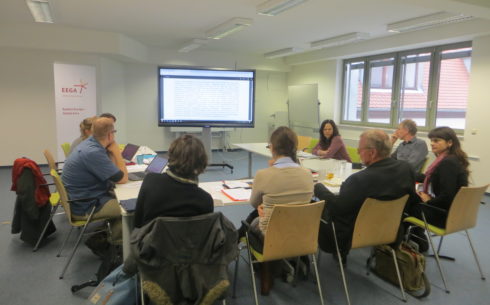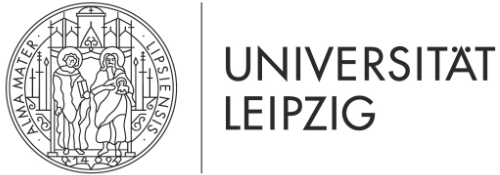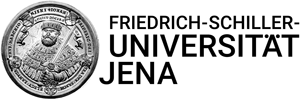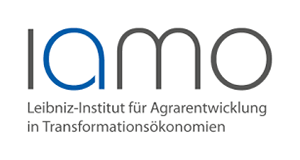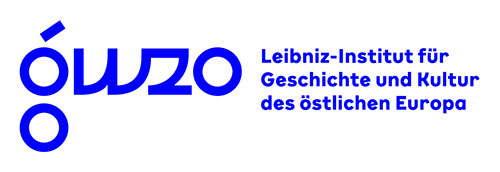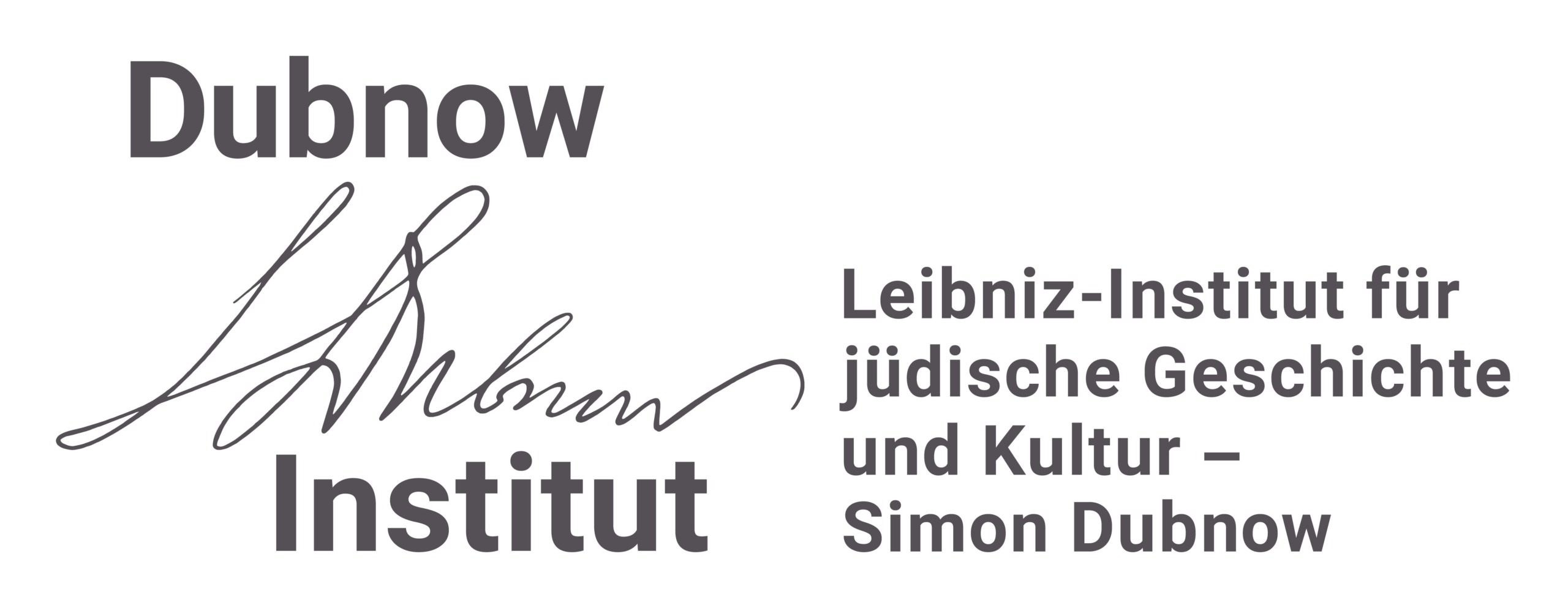Coaching Workshop with Ruprecht Polenz
Imagine the following: You are in a lift that takes you into the 15th floor of an office building together with a powerful politician of your choice. You only have two minutes to report your research findings to the politician, to hereby initiate an action in a certain political field of action, to ultimately convince him and to present the prospect of further political advice.
This scenario was the beginning of the coaching to which the Leibniz ScienceCampus EEGA invited on the 23rd of January 2018 in the facilities of the Collaborative Research Centre 1199 in Leipzig. Eleven young researchers from diverse research institutions in Leipzig took their chance to work together with the politician and president of the German Association for East European Studies, Ruprecht Polenz, on the topic of imparting of scientific contents to the politics.
In preparation of the workshop the participants had summarised their current research projects and had written a text about their dissertation topics based on the format of the articles of the “Stiftung Wissenschaft und Politik” (German Institute for International and Security Affairs). The workshop had a strong connection to practical application not only through the discussion of the prepared texts, but Ruprecht Polenz also contrived to state clear guidance. How do I frame my scientific contents comprehensible? Which contentual and language preparations are necessary to reach politicians?
According to Polenz the proficiency of conjunction is of great significance: Each researcher has to visualise, that politicians are running low on time and are less interested in scientific methods, but in outcomes. Polenz encouraged the participants of the workshop to make contact with politicians and to visit political events and podiums to spread “ones card” among the right people.
Besides the formal and linguistic tips given by Ruprecht Polenz to every single paper of each participant, the specific surplus value of the workshop was the intense discussion regarding the contents of the topics. The participants were impressed by the political experience and the integration of the contents, and Polenz encouraged them to again and again abstract the learnt conceptions from concrete cases of application to relate them to new problems. It is this very transfer which makes researchers indispensable to political work.
A workshop unit with tips for preparing a speech outline for politicians completed the coaching.
Some impressions of the coaching workshop
